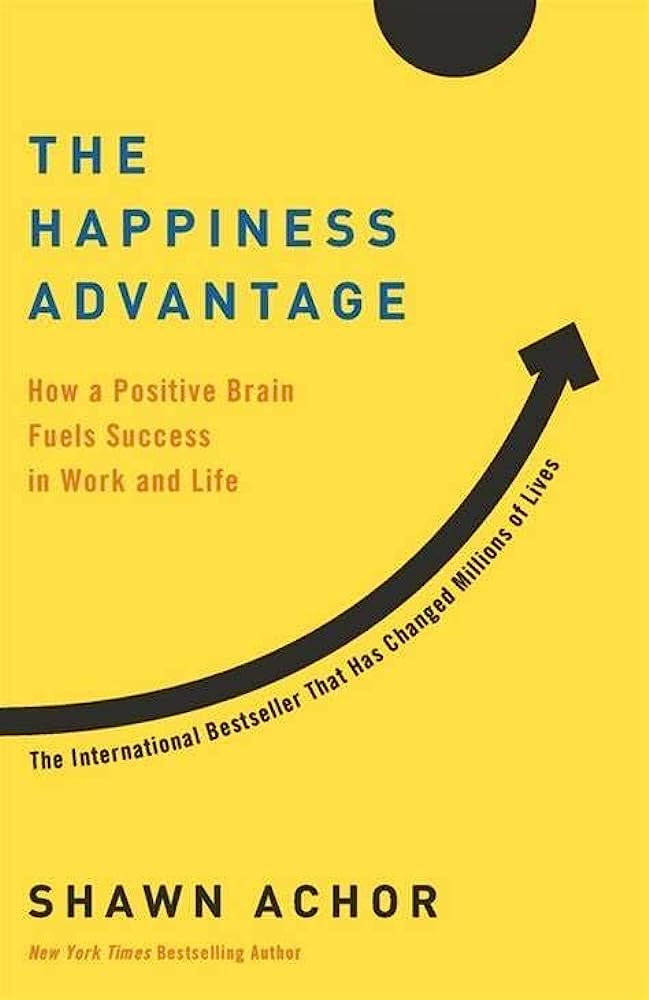The Seven-Day Weekend: A Better Way to Work in the 21st Century
RATING


In this book Ricardo Semler, CEO of Semco Partners tells you a story about how and why we need to breakdown our fundamental interpretation and understanding of what a “work culture” entails to create an environment which emphasizes the opportunity for employees to be happy and independent. Semler from a young age realized that the workplace is generally a toxic and unmotivating environment. Semler’s father relinquished control of Semco to his then 21-year-old son, entrusting Ricardo to have success with his own vision and direction. The Seven-Day Weekend focuses on stories taken from his own experiences while he was breaking down the structural norms in the workplace which had come before him. Semler throughout his career has been; a business executive, Professor at MIT’s Sloan School of Management, visiting Scholar at Harvard’s Law School, and the author of several noteworthy books.
Semler’s emphasis throughout the book is on the importance of work-life balance, and the metric of measuring success by happiness which he supports throughout the book with real life stories. Semler has three key points which he focuses on. The first is about employee freedom and balance. At Semco employees choose their own hours, salaries, managers and leaders. The second is about relinquishing control. This ties into freedom for employees. His goal is to create an environment of true democracy and let people innovate and guide themselves without significant oversight. The third key point is to ask Why. He says it can’t be overstated how important it is to critically asses every decision and detail and not take anything for face value, just because “it was said” therefor it must be right. The Seven-Day Weekend is a deep dive into a story of how increasing the freedom of employees has the potential to increase both profit and happiness together in harmony within a company which embraces his vision.
It’s particularly enjoyable how personal Semler makes his story. He makes The Seven-Day Weekend relatable and easy to digest while providing, at the time, a revolutionary perspective on management. He also makes sure to address all the different aspects of what he advocates for and addresses certain critiques. It’s a well-thought-out book, and a pleasure to read.
It is important to note that Semler makes an argument for not needing structure because all adults have a sense of personal responsibility. Even if that was true at the time, more emphasis should be placed on the radical change needed to build this sense of responsibility amongst large groups of people – in essence, both personal and collective responsibility. Over the past 20 years since this book came out, and over 40 years since Semler implemented his ideas, there have been major societal shifts in this realm. Therefor this is something to take with a grain of salt. Furthermore, many of his more revolutionary thoughts have now been adopted widely, especially within the tech industry at companies such as Valve, Google, and Microsoft, which make his ideas seem more ordinary. What we know today about agile/adaptive management models, decentralization, and the evolution of business models gives a wider perspective on organizational maturity and readiness for these concepts and might soften the blow of many of these changes.
Ricardo Semler thinks that companies ought to put employee freedom and satisfaction ahead of corporate goals.
Imagine a company where employees set their own hours; where there are no offices, no job titles, no business plans; where employees get to endorse or veto any new venture; where kids are encouraged to run the halls; and where the CEO lets other people make nearly all the decisions. This company—Semco—actually exists, and despite a seeming recipe for chaos, its revenues have grown from $35 million to $160 million in the last six years. It has virtually no staff turnover, and there are no signs that its growth will stop any time soon.
How did Semco become wildly successful despite breaking many of the commonly accepted laws of business? In The Seven-Day Weekend, Ricardo Semler shows that for those willing to take a chance, there is a better way to run a workplace. He explains how the technology that was supposed to make life easier—laptops, cell phones, e-mail, pagers—has in fact stolen free time and destroyed the traditional nine-to-five workday. But this can be a good thing—if you have the freedom to get your job done on your own terms and to blend your work life and personal life with enthusiasm and creative energy. Smart bosses will eventually realize that you might be most productive if you work on Sunday afternoon, play golf on Monday morning, go to a movie on Tuesday afternoon, and watch your child play soccer on Thursday.
This is a radical book that will challenge the business world to make the seven-day weekend a reality.
This book is great for both employees and leaders alike. From an employee perspective it can help them access and develop a better understanding of how to work. From a management or leadership perspective this book is great tool to understand the multifaceted aspect of creating an enjoyable company culture which breeds loyalty, innovation, and hard work.
See content on this topic

Sales training for front line along with basic development and coaching principles for line management.
Understanding how leaders must evolve with relation to the evolution of business models, new management models, and the significant changes to the workforce with Digital Natives now making up more than 50% of the workforce globally.
Understand the theory and mechanics of developing and managing a customer-centric and experience-driven corporate culture that is consistent and stable and includes elements of Employee Experience (EX) and Employee Relationship Management (ERM).
Understanding the evolution of leadership styles, management models, organizational structures, performance measurement and guiding change in the evolution of business models from product-centric to customer-centric and even relationship-centric.
Understand how to manage both internal and external digital transformation while considering the landscape for digital business models and the effect on traditional business models. Understanding organizational readiness for transformation and the role of corporate culture in managing transformations.
The changes in consumer behavior, employee behavior, and the evolution of business models in the digital age cause significant difficulties and imperatives for leaders who must develop new skills and evolve their leadership styles to be effective in this fast changing, challenging, and competitive environment.
Understanding how leaders must evolve with relation to the evolution of business models, new management models, and the significant changes to the workforce with Digital Natives now making up more than 50% of the workforce globally.
Understand how to manage both internal and external digital transformation while considering the landscape for digital business models and the effect on traditional business models. Understanding organizational readiness for transformation and the role of corporate culture in managing transformations.
The changes in consumer behavior, employee behavior, and the evolution of business models in the digital age cause significant difficulties and imperatives for leaders who must develop new skills and evolve their leadership styles to be effective in this fast changing, challenging, and competitive environment.
Understanding how to design & manage change/transformation programs in organizations of different sizes. This course will help any size team or organization to better deal with change & transformation on any scale.




 Copy Link
Copy Link
 E-mail
E-mail
 LinkedIn
LinkedIn
 Facebook
Facebook
 Telegram
Telegram
 WhatsApp
WhatsApp















 Go Back
Go Back
Leave a Reply
You must be logged in to post a comment.